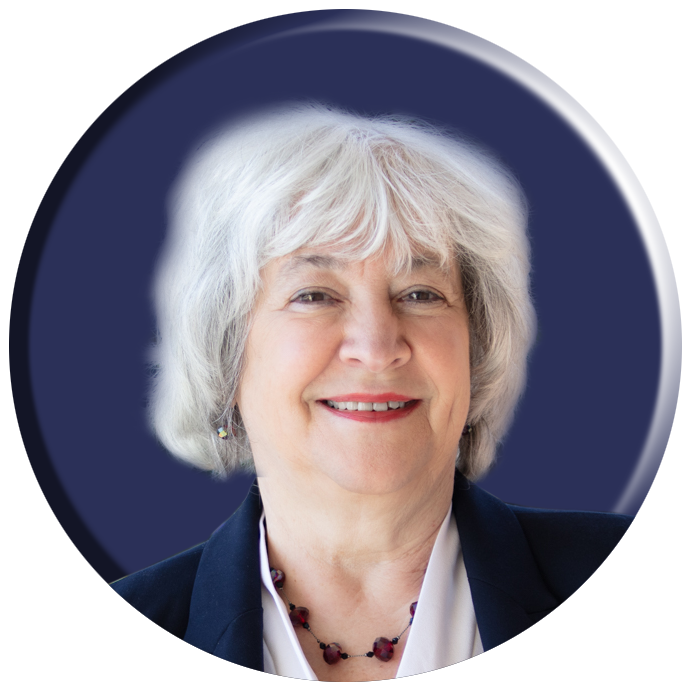Decision-Making in the Era of Endless
- Judith Kolberg

- Aug 6, 2012
- 3 min read
Updated: May 13, 2021
Decision-making is a great life skill. Decisions move myriad little daily tasks along to accomplishment, allow us to make progress on complex projects, and keep us on the path toward goal achievement.
Chronically disorganized (CD) people love the thrill of the hunt for information to help them make a decision, but the activity of actually making decisions — not so much of a thrill there. And now that we are living in the era of endless information, the hunt for information can undermine decision-making even more. Truly, we can search the bottomless pit of information endlessly and still there would be more.
Information Clutter
“I’ve got to decide what my students need to read each semester,” says “Lisa,” a college professor. Lisa prepares her students’ reading list by reading academic journal articles, reviewing e-books, watching videos, listening to podcasts, and reading blogs.
“I love this part, the actual hunting down of information,” Lisa says. “It’s like being on a safari.” She’s so afraid she’ll miss something vital to her students’ education that she endlessly prepares right up to the deadline when the course curriculum and reading list are due. “I run out of time to decide what to include and exclude because I get so caught up in the search. It’s always so stressful.”
Another woman spends as much time researching a new backpack for her child as she does his summer camp.
Quoting psychologist Kent Berridge in an article on Slate, Emily Yoffe writes, “[Information addicts] become obsessively driven to seek [a] reward [on the Internet], even as the reward itself becomes progressively less rewarding once obtained. … [W]e find ourselves letting one Google search lead to another. … ‘[T]he consumption renews the appetite.’
Just sitting in front of a screen can be a burst of a pleasurable mood for some of our clients (a “dopamine squirt,” I’ve heard it called). And then there is all that wonderful “serendipity information,” the accidental and incidental good stuff our chronically disorganized clients encounter on the way to what it is they are looking for.
Are We Done Yet?
Endless information can also cause some people to freeze altogether when it comes to decisions. Many people, CD or not, often choose the default 401(k) plan at work or automatically renew a health insurance policy without considering alternatives because “there is just too much information.”
Endlessly adding data, more information, and inputs leaves us precious little time to stand back; and it is this standing-back, this bit of pull-back, that allows us a little cognitive space for judgment to be applied so we can tell if we’re “done.” Being done is increasingly a moving target when comprehensive information knows no bounds and there are so many decisions to make.
So what are some organizational moves to enhance your ability to make decisions?
Research/search in proportion to the consequences or risk. A wrong decision about a backpack has much less consequence than a summer camp, so devote less time to it and be a little more proportional in time and effort based on the risk involved.
Set “done” or “enough” ahead of time. Set a quantitative limit (rather than a qualitative limit) to your informational pursuits (for example, three hours of research, three different brands of backpacks, and five camp selections).
Pull-back. After amassing information for a project or assignment, plan time to pull back, assess what you have, figure out what’s missing, and fill in the gaps, rather than just going and going.
Decision-making “freeze” and default decision-making can be the result of a deadline’s approach. Add more lead time to your projects. It may be hard to estimate how long it takes to search and digest information.
Offload serendipity information and save it to the side to look at later so you won’t be distracted from the main search, research, or informational hunt.
And finally, be at peace with your decisions. Making decisions large and small, living with those decisions, and moving onto the next decision is healthy.
If you are paralyzed by decision-making, live in fear of making a wrong decision, or are obsessed about finding just the right information, seek the advice of an experienced ICD professional organizer or a counselor with anxiety specialization.




Comments